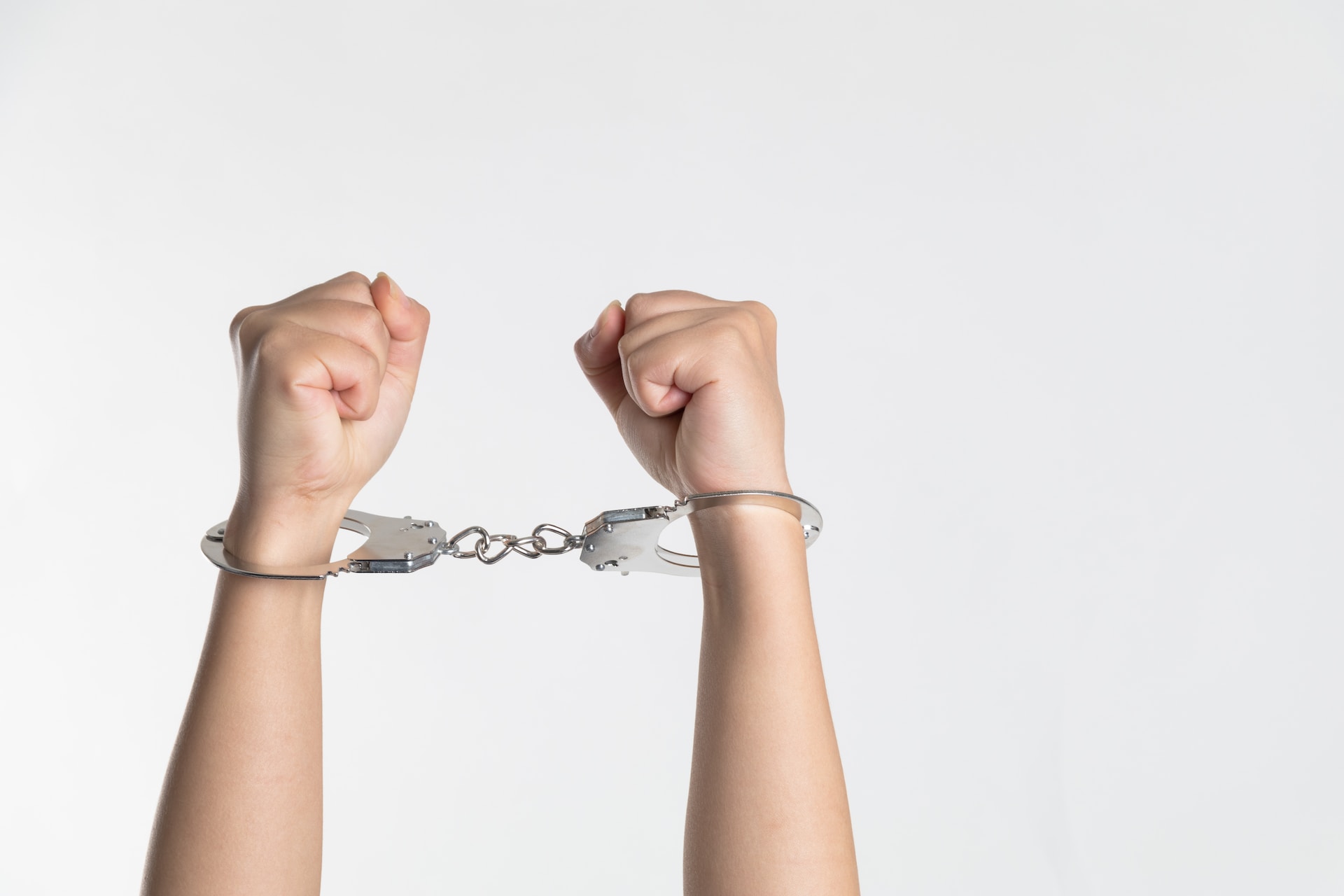
Basics on Bail Bonds
Obtaining a bond may be your best alternative if you or a loved one gets arrested and must post bail. Bail bondsmen require collateral in property – such as cars, cash, and homes – to guarantee your appearance in court.
Then, they charge you a small percentage of the total bail amount to release you from jail until your trial date.
What is a Bail Bond?
Bail is how a defendant can stay out of jail while awaiting trial for their crime. Typically, the accused person or their friends and family put up cash for bail, which is returned at the end of the case as long as they appear in court to attend all scheduled legal appointments.
However, if the accused person is not rich or cannot put up cash alone, they can work with a bail bondsman who will assume financial responsibility for the bond. In exchange for their services, the bondsman will collect a fee, usually 10% of the total bail amount. They will also require indemnitor(s) who pledge collateral for the bond.
A judge must approve a bail bond before the bondsman accepts it. They will review the defendant’s history, financial situation, and family circumstances to determine risk and approve the bond. Sometimes, the court may decide that a defendant is a flight risk and refuse to release them on bail.
How Does a Bail Bond Work?
The court sets the bail amount, and if the accused pays, they can be released. If they can’t pay this in full, their bail can be posted by a third party called a bail bondsman.
The bondsman charges a fee (typically 10% of the bail amount) to post the bond on behalf of the accused and may require collateral from loved ones if the defendant does not return to court as needed. This is why the accused must follow all of their bail conditions.
As long as the accused appears at all their court dates, bail bonds West Chester PA, are dissolved when their case is complete, and they receive their collateral back.
How Much Does a Bail Bond Cost?
When an accused person is arrested, they are given a court date, and their bail amount will be set. Many people arrested for a minor crime cannot afford the total amount of their bail, which is where a bail bondsman can help.
Typically a bond agent will charge the indemnitor or person signing for the defendant around 15% of the total bail amount to post the bail bond with the courts. This fee is non-refundable.
The bond agents will also need some form of collateral, such as property (usually a home), and they may have to file liens against this property. This is to ensure that the courts can take back any assets put up against a failure to appear in court.
This process usually takes a bit of time, and it is best for the person posting bail to check in with the bond agent before their court date to ensure everything is up to speed.
What Are the Different Types of Bail Bonds?
In most bail cases, a judge will usually set a cash, property, or surety bond. A cash bond requires the defendant to pay a certain amount of money in cash directly to the court. Property bonds need the defendant to put up a piece of personal property (like a car, land title, or valuable item) that will be forfeited if the defendant fails to appear in court.
While you might have seen exaggerated bail amounts set for crime bosses in movies, it is more common for courts to release people who have been arrested for smaller crimes and petty offenses. Regardless of the bail size, the courts should consider whether it would cause financial hardship for the defendant and their loved ones. They should also think about whether the defendant is a flight risk.


